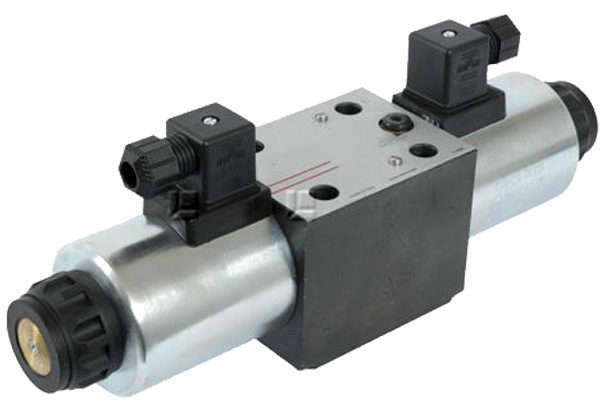brass needle valve
Understanding Brass Needle Valves A Comprehensive Overview
Brass needle valves are essential components in various fluid control applications, renowned for their precision and reliability. Used extensively in industries such as plumbing, oil and gas, chemicals, and pharmaceuticals, these valves allow for the meticulous regulation of fluid flow. Their design and operational capabilities make them a preferred choice for situations where accurate adjustments are crucial.
At the heart of a brass needle valve is its unique structure, which typically consists of a body made from brass, a needle-like plunger, and a seat. The needle design, distinguishable from other valve types, permits fine-tuning of the flow rate. When the valve is turned, the needle moves into or out of the seat, creating a larger or smaller opening for the fluid. This design feature allows for very slight adjustments, providing precise control of the fluid flow, which is particularly important in sensitive applications.
One of the key advantages of brass needle valves is their durability. Brass, an alloy of copper and zinc, offers excellent resistance to corrosion, making these valves suitable for various fluids, including water and several chemicals. The robustness of brass also ensures that the valves can withstand high pressures, which is a critical factor in industrial settings. As a result, these valves maintain their integrity and performance even under demanding conditions.
brass needle valve

Another significant benefit is the ease of use. Brass needle valves are typically equipped with a handwheel or knob, allowing operators to make adjustments quickly and efficiently. This user-friendly operation is crucial in environments where time is of the essence, and the ability to control flow accurately can make a substantial difference in the overall operation of a system.
Moreover, brass needle valves are often compact in size, making them easy to install in tight spaces where larger valve types may not fit. This versatility contributes to their popularity across various applications, from small laboratory setups to large industrial plants.
However, it is essential to consider the specific application when choosing a brass needle valve. Factors such as the type of fluid, temperature, and pressure should be assessed to ensure optimal performance. Additionally, regular maintenance is required to prevent wear and tear, particularly in high-usage applications. By ensuring that the valve remains clean and free from particulates, users can prolong the life of their brass needle valves and maintain their effectiveness.
In conclusion, brass needle valves are indispensable tools for achieving precise fluid control across numerous industries. Their durability, ease of use, and ability to provide fine adjustments make them a trusted choice among engineers and technicians. As technology continues to evolve, the design and functionality of these valves will likely adapt, but their fundamental role in fluid management will remain vital. Investing in quality brass needle valves can lead to improved efficiency and reliability in any system where fluid control is necessary.
-
The Key to Fluid Control: Exploring the Advantages of Ball Valves in Industrial SystemsNewsJul.09,2025
-
The Versatile World of 1, 2, and 3 Piece Ball ValvesNewsJul.09,2025
-
Stainless Steel Ball Valves: The Ideal Choice for Efficient Flow ControlNewsJul.09,2025
-
Optimizing Fluid Control with Ball Float ValvesNewsJul.09,2025
-
Manual Gate Valves: Essential for Control and EfficiencyNewsJul.09,2025
-
Everything You Need to Know About Butterfly ValvesNewsJul.09,2025
-
The Versatility of Wafer Type Butterfly ValvesNewsJul.08,2025




